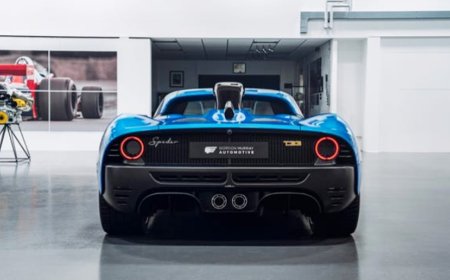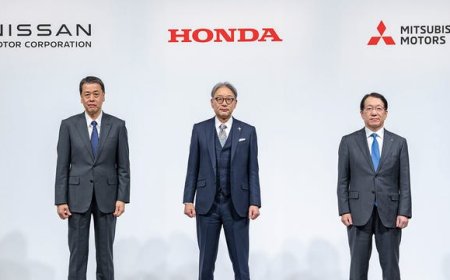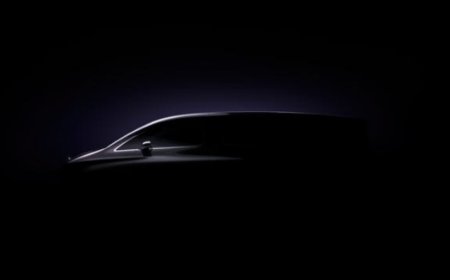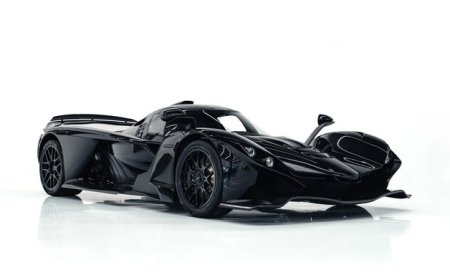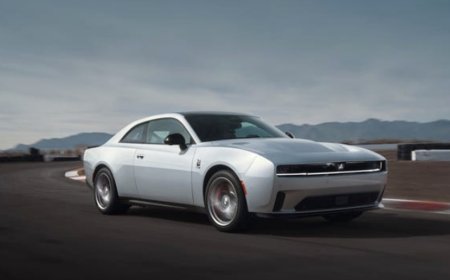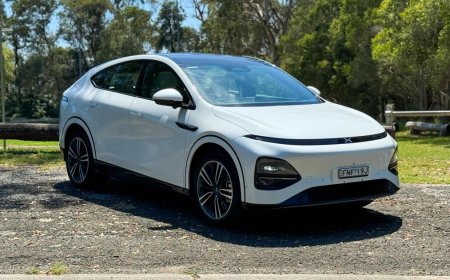Why can't manufacturers sell directly to consumers?
To many, car dealerships are a plague on the modern-day automotive industry, and the reason they're still around boils down to old laws and tax revenue.
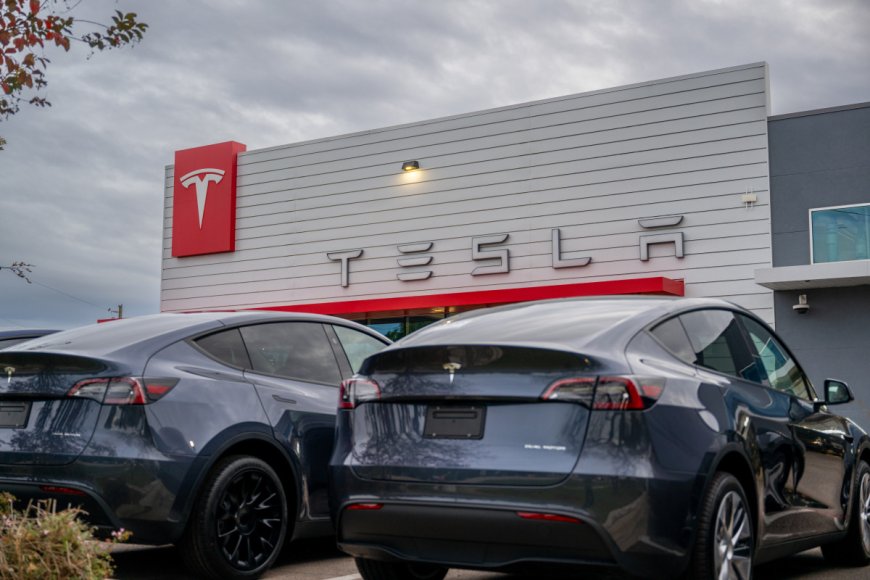
Most manufacturers allow you to design your own vehicle, complete with optional packages and accessories but then direct you to contact a dealer in your area to actually order the vehicle. That’s odd (and pretty pointless), right?
If you want to buy a new car, however, working with a dealership isn’t optional, save for a few manufacturers, and that isn’t likely to change. Outdated laws prevent automakers from selling directly to consumers, and dealers are largely in favor of keeping it that way.
Related: Is a bespoke, classic Land Rover 110 worth $265,000?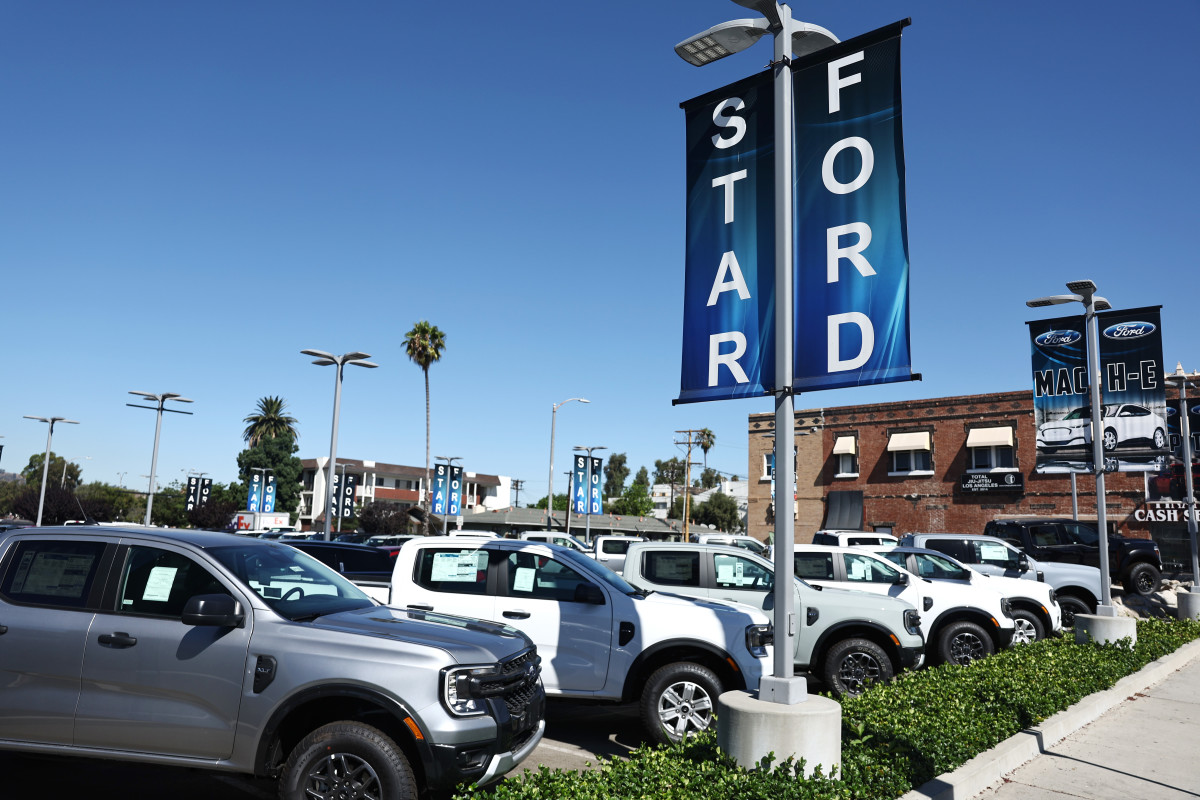
Franchise laws are outdated and unnecessary
Back when the automotive industry was young, automotive manufacturers had to expend capital to build showrooms, hire sales staff, and service vehicles. To relieve that, they created the concept of dealerships that were protected by franchise laws, namely a defined sales area that no one else, including the manufacturer, can sell into. A middleman, if you will. Zach Bowman / AOL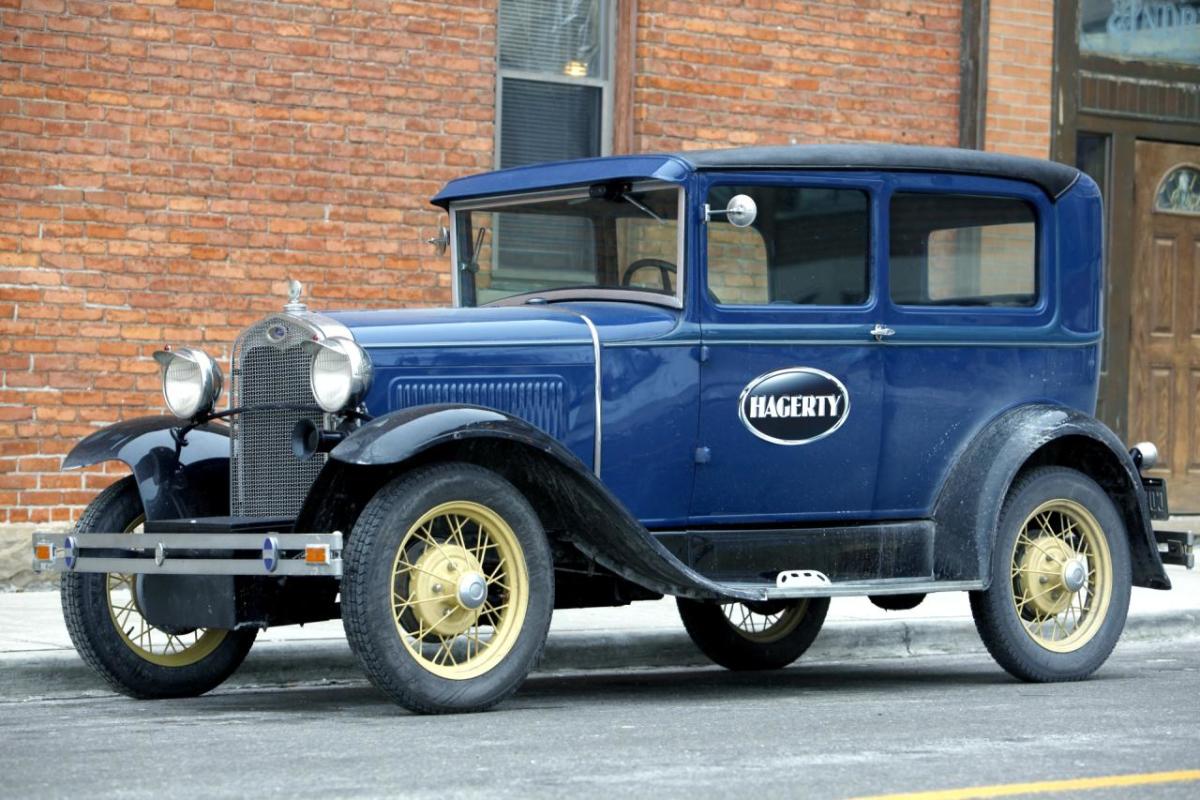
At the time, a middleman was exactly what the automotive industry needed to accelerate vehicle adoption. Once the internet came around and anyone could access a manufacturer’s website, however, that middleman became less necessary.
Fast forward to today, and these franchise laws are outdated and, in some cases, anti-consumer, although the National Automotive Dealers Association (NADA) argues otherwise. In short, the NADA files lawsuits against anything and everything that could threaten the dealership business, including Tesla’s direct-sales model. They also lobby state legislatures to protect the franchise laws that ultimately keep dealers from facing new competition, albeit with mixed results.
Related: Infiniti merging dealerships with Nissan as sales plummet
States benefit from dealerships
You’d think with the sheer reach of the internet, dealerships as a middleman would be out of business in a matter of months, and you’d be right. As it turns out, that’s the exact reason franchise laws won’t be going anywhere anytime soon. Dealerships still have a lot to offer to the states they do business in.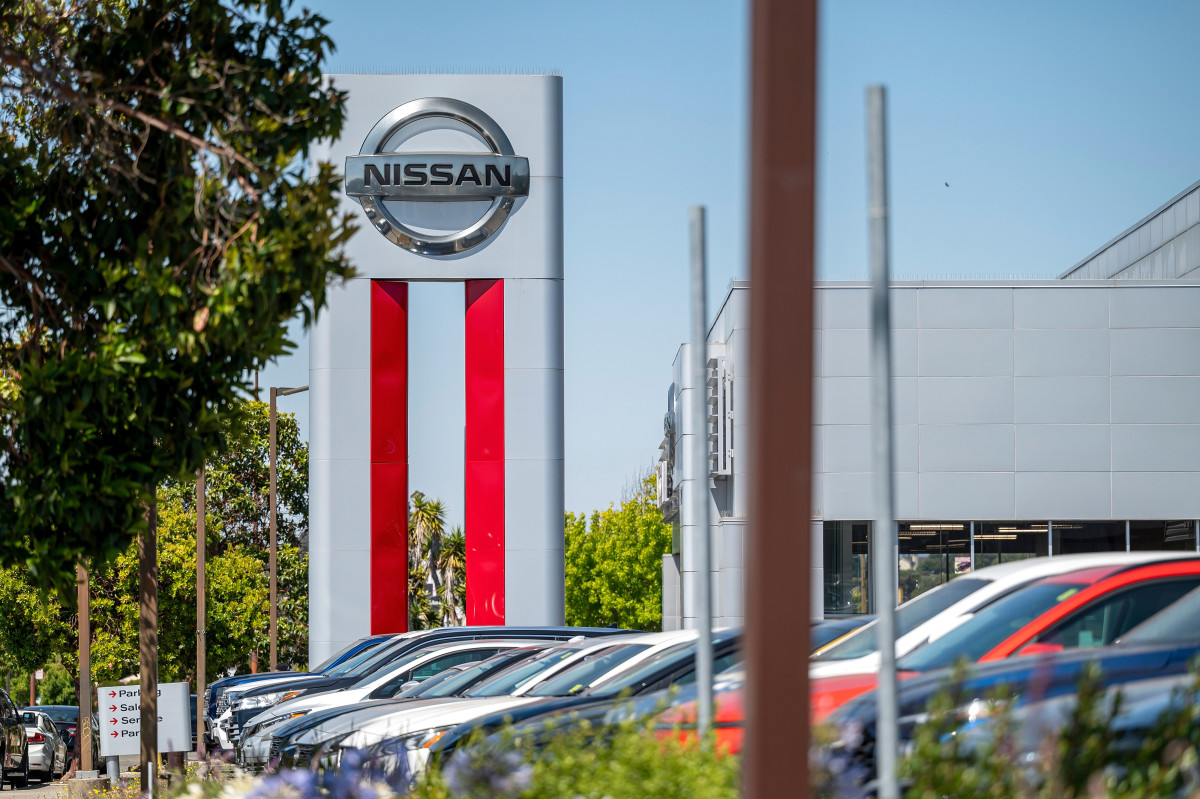
States like businesses that create jobs, and that’s a major part of what dealerships contribute to local communities. Additionally, states receive tax dollars from each vehicle sale, and that adds up to a pretty penny. For example, according to the Greater Cleveland Automobile Dealers Association, just over 210,000 new vehicles were sold in Northern Ohio in 2023. In turn, the state of Ohio brought in $187 million from new vehicle sales taxes in 2023, amounting to over 8% of total state tax revenue.
Tesla is doing the heavy lifting in court
Tesla is known for making it easy to buy a new car with their direct-sales model. They’re one of the few automakers that are exempt from the outdated franchise laws, but they weren’t granted that opportunity without challenges.
Over a decade ago, when Tesla was just starting to gain traction in the market, the Massachusetts State Automobile Dealers Association sued the EV automaker and claimed that Tesla’s direct-to-consumer sales model was a violation of state franchise laws. Ultimately, the American automaker won in court, but that wasn’t the end of it. Salwan Georges/Getty Images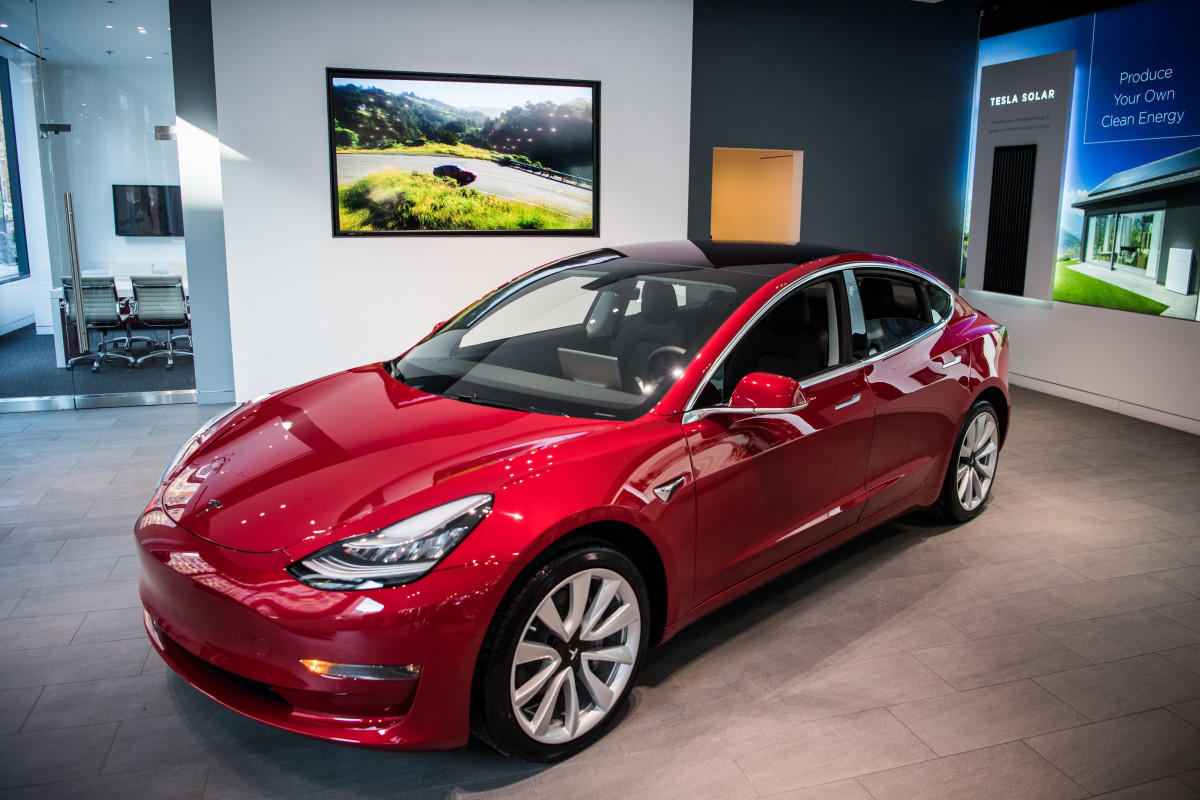
So far, Tesla has won court cases in New York, Minnesota, Missouri, Arizona, Delaware, and Michigan. Other states, including Florida, Utah, Indiana, and Rhode Island, passed new laws or law interpretations regarding Tesla’s direct-sales model. Still, others, like Washington, took a step backward and outlawed direct sales in 2014, but grandfathered in Tesla.
Elon Musk has pushed for the direct-sales model in an effort to provide consumers with a no-pressure way to purchase a new EV. He also claims that existing franchise dealers won’t put EVs in the best light as it negatively affects their business.
Related: 2025 Chevrolet Trax: 6 reasons to love it, 3 reasons to think twice
"Existing franchise dealers have a fundamental conflict of interest between selling gasoline cars, which constitute the vast majority of their business, and selling the new technology of electric cars," said Musk. "It is impossible for them to explain the advantages of going electric without simultaneously undermining their traditional business. This would leave the electric car without a fair opportunity to make its case to an unfamiliar public." AdobeStock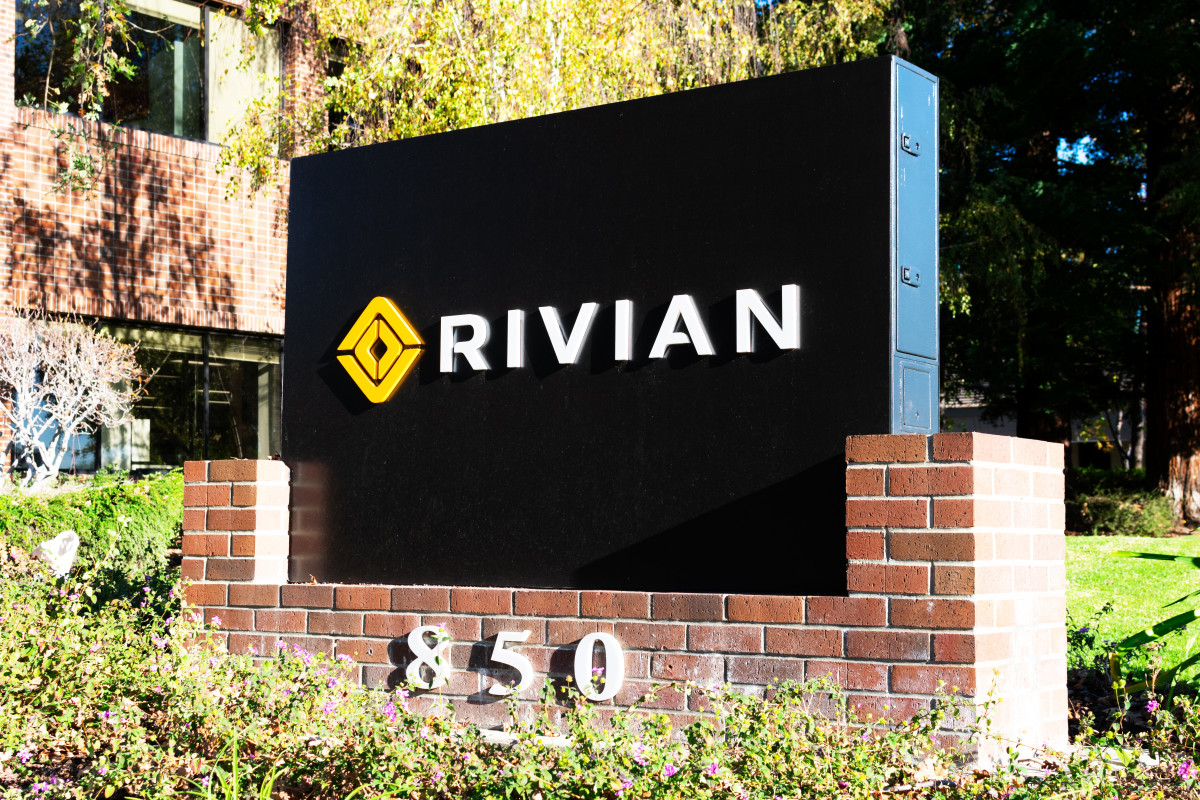
Tesla isn’t the only automaker making the move to direct sales and cutting dealerships out of the picture. Rivian, Lucid, and Polestar have all adopted Tesla’s direct-sales model. Legacy automakers are getting on board as well, with Mercedes-Benz and BMW moving to an agency model in Europe. Ford plans to sell EVs directly to consumers online, although their model is currently only available in three states. Volkswagen is reviving the Scout brand as a standalone EV company to utilize a direct-sales model as well.
If you’re interested to see where your state stands on the direct-sales model, check out this PDF.
Related: Can't wait for the electric Scout? Check out this V8-powered restomod instead
Final thoughts
Data shows that consumers don’t like navigating and negotiating with dealerships and their markups, jargon, add-ons, and so on. Even so, rather than make buying a car in person more convenient and customer-friendly, dealers have instead chosen to lobby state governments to cut off competition. With the internet readily available throughout the United States, manufacturers could easily sell directly to consumers with little hassle and larger profit margins. Scout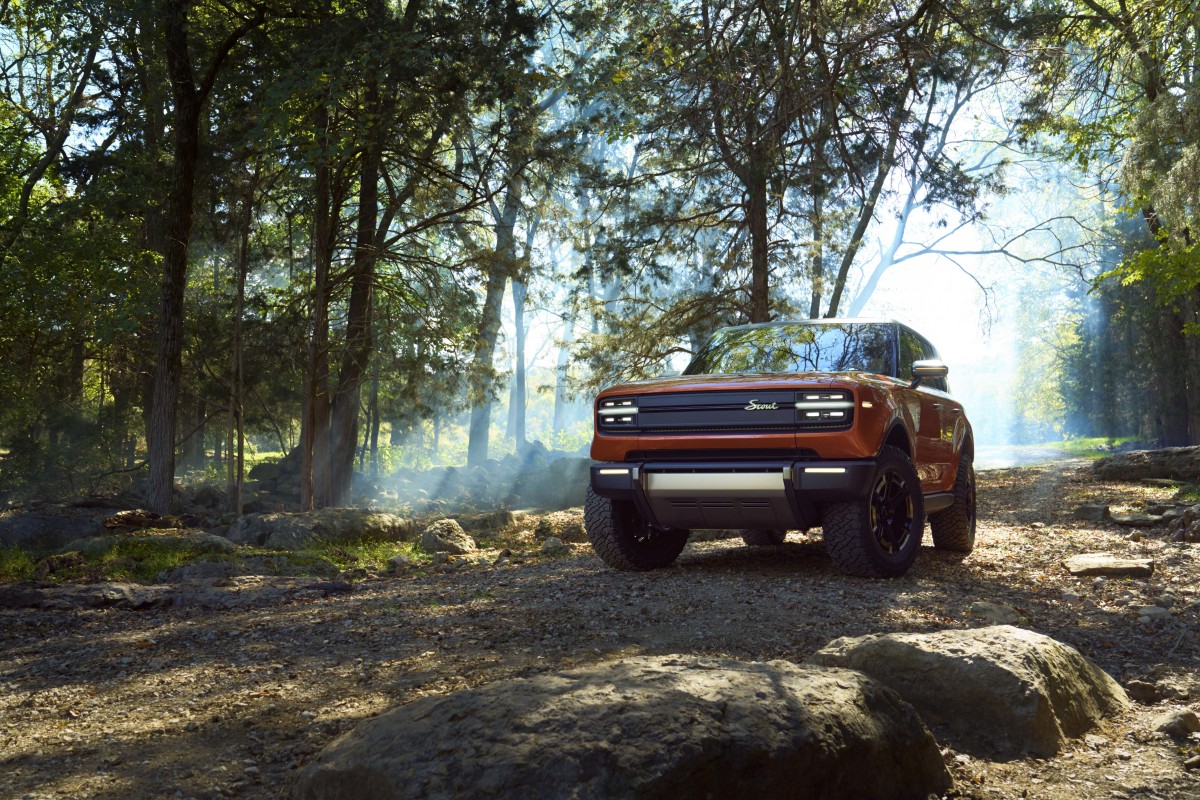
In Europe, German manufacturers are turning towards the agency model, that is, ordering a car online and taking delivery at a dealership. As pressure from consumers mounts - if it does, anyway - we could see the role of dealerships change in the United States as well. With states and dealerships alike having so much to lose, however, it’s bound to be a drawn-out battle, and consumers could end up worse off as a result.
Related: Why Lamborghini delayed the Lanzador EV by a full year
